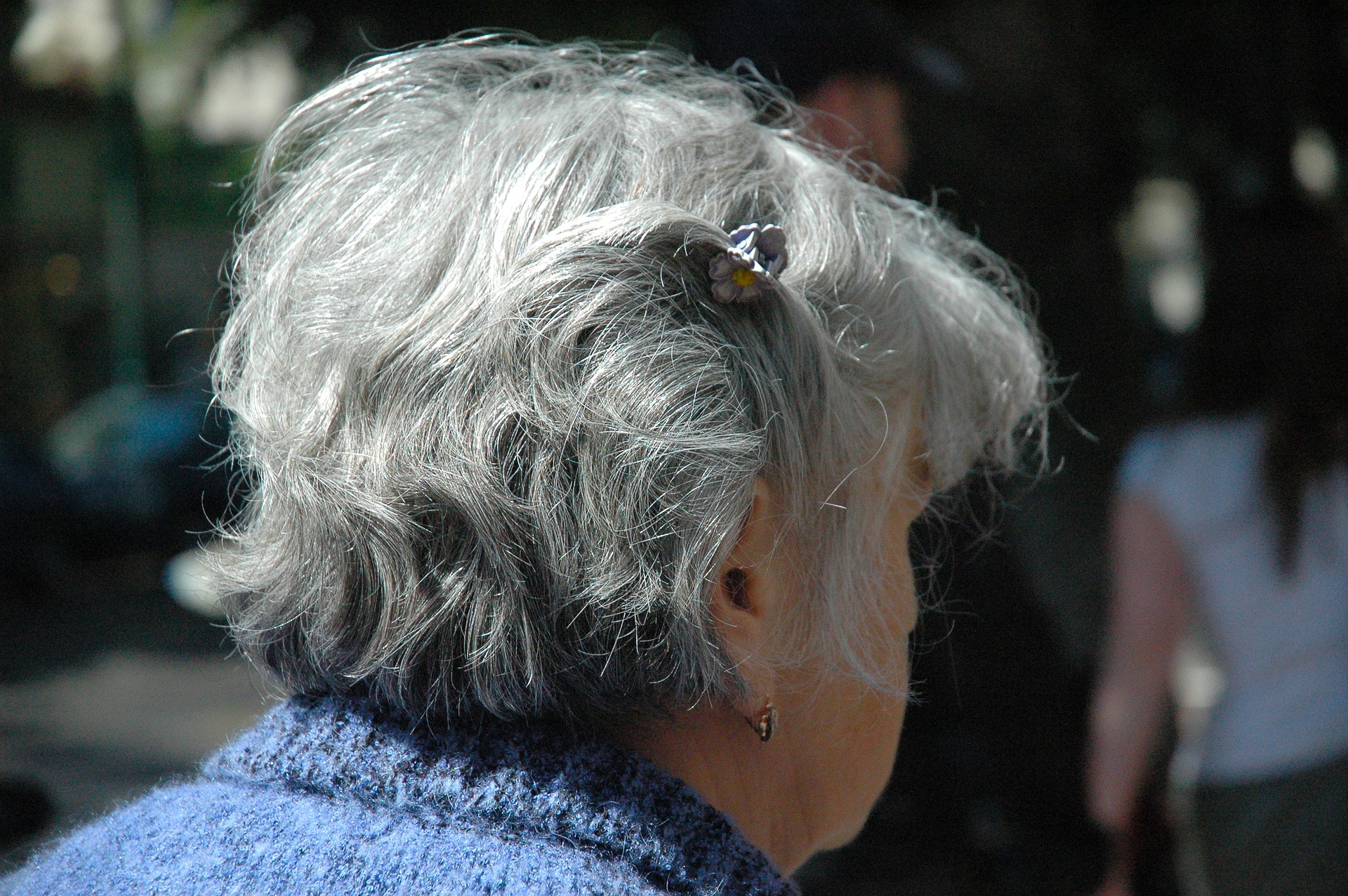Dementia and Alzheimer’s disease are two of the more dreaded conditions for those approaching their senior years. Sudden cognitive and behavioral changes like memory problems, confusion, and impaired judgment are some of the tell-tale signs of these conditions, which do not offer any hope via known cures or treatments. However, these symptoms may also indicate a different type of dementia, known as alcohol-induced dementia. If your loved one is a heavy drinker, you will want to learn more about the differences.
When people indulge in excessive alcohol over many years, they may suffer alcohol-related brain damage (ARBD), also referred to as alcohol-induced dementia. The National Institute on Alcohol Abuse and Alcoholism considers more than four drinks a day excessive for males and three drinks per day extreme for females. According to the Centers for Disease Control and Prevention (CDC), that activity level indicates binge drinking. Heavy drinking is further defined as 15 drinks or more per week for men or eight drinks per week for women. Like Alzheimer’s, ARBD affects the cholinergic system, which is imperative for memory function, according to American Addiction Centers. Studies have not found a definitive connection between alcohol intake and Alzheimer’s, but heavy drinking has been shown to result in ARBD. This happens for a variety of reasons:
- Cell damage caused by toxins
- Chemical changes in the brain as a result of intoxication and subsequent alcohol withdrawal
- Loss of brain tissues
- Thiamine (vitamin B1) deficiency, due to interference in the storage and absorption of the nutrient, as well as poor diet
- Alcohol-related cerebrovascular disease
Although that all sounds dire, there is good news. This form of dementia can be halted and reversed as long as the drinking ceases and the thiamine replaced.
Types of Alcohol-Induced Dementia
The Alzheimer’s Society has identified two types of alcohol-induced dementia:
- Alcoholic Dementia: This form of dementia can be fully reversible. It may manifest as poor organizational skills, problems with decision-making, poor judgment, and impulsiveness. You may also notice an increased difficulty in controlling emotions and lack of sensitivity towards other’s emotions, lapses of attention span, and reasoning problems. People suffering from this form of dementia may act in inappropriate ways but often do not experience memory loss.
- Korsakoff Syndrome: Korsakoff syndrome occurs much less frequently than other forms of ARBD but may be easier to identify. Symptoms typically include confusion; balance and movement issues; loss of coordination; vision problems like double vision, drooping eyelids, or quick eye movements; a faster-than-normal heartbeat; low blood pressure when standing; a lack of energy; and fainting. It often appears suddenly and needs immediate treatment, or it can progress to include loss of short-term memory. People with Korsakoff syndrome may also experience long-term memory gaps, trouble putting words into context, problems understanding or processing information, and hallucinations.
Treatments for Alcohol-Related Dementia
Because the symptoms described above can be mistaken for a stroke or tumor, seniors will need to undergo testing to determine the exact cause of their behavior. If you know or suspect that the patient drinks excessively, it is vital to inform their physician to receive a faster and more accurate diagnosis and treatment.
- Blood tests can reveal blood alcohol levels, markers of liver damage caused by alcoholism, and thiamine levels.
- People with alcoholic or alcohol-related dementia not classified as Korsakoff syndrome may see significant improvement if they quit drinking alcohol and improve their nutritional intake.
- In the case of Korsakoff syndrome, treatment includes injections of thiamine until symptoms subside.
- Every instance of alcohol-related brain damage and/or dementia will require cessation of alcohol intake for treatment and recovery. The patient may need to be hospitalized while dealing with withdrawal from alcohol and symptoms such as nausea, vomiting, anxiety, agitation, delirium, hallucinations, and even seizures.
- If necessary, seniors experiencing this type of dementia may need to stay in an addiction treatment rehabilitation facility, take medications or participate in support groups.
While confronting these issues is never easy, the bright side of alcohol-induced dementia is often treatable and reversible. Be sure to tell your loved one’s physician about all of their habits that could influence their health diagnosis.
A Banyan Residence provides quality memory care to senior adults in the Venice, Florida region.

